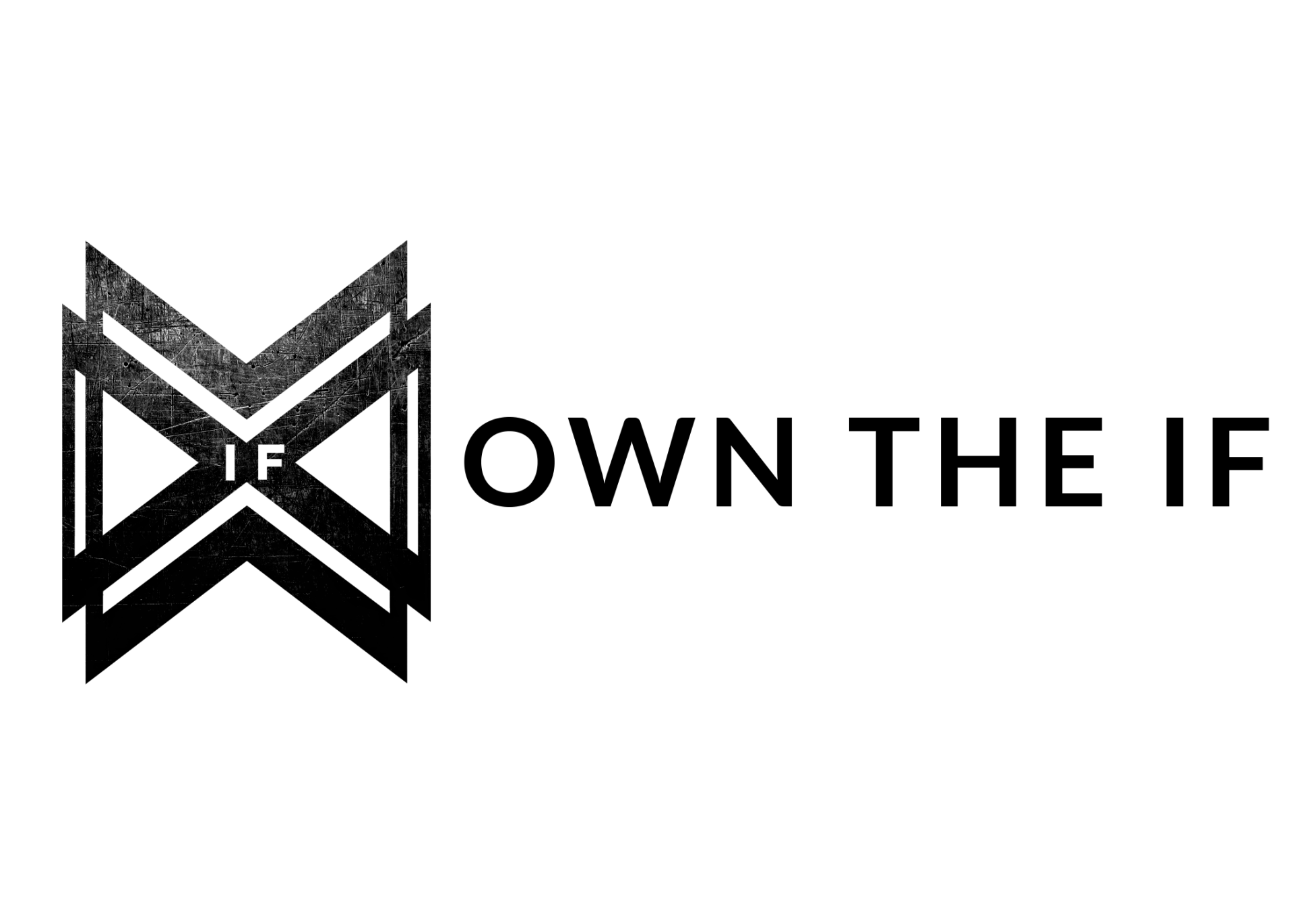The holidays are here—a whirlwind of gatherings, gift shopping, family time, and endless to-dos. It’s easy to feel like you’re running from one thing to the next without a moment to breathe. While the holidays are often a time of joy, they can also feel downright hectic and, dare I say, mentally and physically exhausting.
Not everyone celebrates the holidays, but let’s be honest: feeling pulled in a million directions can happen any time of year. The good news? You can minimize the impact with a few simple strategies. Remember—finding peace works only if you make space for it.
It might feel counterintuitive to pause when your to-do list seems to grow by the second, but intentional breaks, even brief ones, can bring calm and clarity to your day. Let’s jump into why pausing matters and explore practical ways to find those moments of stillness—even when life feels nonstop.
Why Is Pausing So Important?
Our brains aren’t designed to run on overdrive 24/7. (If they were, coffee wouldn’t exist.) Constant rushing activates the amygdala, the part of the brain responsible for the stress response, leaving us frazzled, impatient, and one awkward comment away from a meltdown. Pausing or taking a moment allows the prefrontal cortex—the decision-making and emotional regulation hub—to regain control.
It’s like a quick reboot for your mind and body. Neuroscience backs this up:
- Stress Hormone Reset: Studies from the Journal of Neuroscience show that intentional pauses reduce cortisol, the body’s primary stress hormone, promoting relaxation and focus.
- Activating the “Rest and Digest” System: Regular breaks engage the parasympathetic nervous system, helping your body recover from stress and improving emotional regulation.
- Improved Mental Clarity: Pausing gives your brain the space to process information and reset, leading to sharper focus and better decision-making.
In short, taking a moment isn’t a luxury—it’s a necessity for maintaining mental, emotional, and physical balance. Think of it like plugging in your phone before the dreaded 10% warning pops up.
How to Find Moments to Pause
Here are five simple (and quick) ways to hit the brakes and reset during even your busiest seasons:
1. Take a Breath Break
- What It Is: Stop and take 3–5 deep breaths. Inhale for 4 counts, hold for 4, exhale for 6.
- When It’s Helpful: Long checkout lines, in the car before stepping out, holiday traffic, or right before a tense family dinner debate.
- Why It Helps: Deep breathing lowers cortisol and reduces the fight-or-flight response. Research from the Journal of Neurophysiology shows slow, intentional breathing activates the vagus nerve, calming both your body and mind.
2. Create Micro-Moments of Joy
- What It Is: Savor something small—a sip of coffee, a perfect snowflake, or the glow of lights. Bonus: Say out loud, “This makes me happy” to make it stick.
- When It’s Helpful: When you’re stressed or frustrated and need a quick reminder that life’s not all go, go, go.
- Why It Helps: Focusing on positive moments rewires your brain to prioritize gratitude. Research in Frontiers in Psychology highlights how savoring activates the brain's reward system, boosting mood and resilience.
3. Practice the Power of “No”
- What It Is: Kindly say no to one thing that feels like too much—a last-minute party, making an extra dish or dessert, or anything that stretches your time and energy beyond what feels manageable.
- When It’s Helpful: When your calendar or to-do list feels overwhelming, and you need to reclaim your time and energy.
- Why It Helps: Every “no” creates space for what truly matters. The Journal of Consumer Research found that people who refuse nonessential commitments feel less overwhelmed and more satisfied with life.
4. Use a Transition Ritual
- What It Is: Mark the end of one task and the start of another by taking a quick walk, stretching, or even saying out loud, “This is concluded for now.” Small rituals can help you reset and refocus.
- When It’s Helpful: When shifting from work mode to family time or tackling back-to-back errands.
- Why It Helps: Transition rituals help your brain leave stress behind and refocus. Neuroscience research in Nature Reviews Neuroscience supports the idea that routines enhance focus and emotional regulation.
5. Go Tech-Free for 15 Minutes
- What It Is: Put your phone down, turn off screens, and just exist—whether alone or with loved ones.
- When It’s Helpful: When you’re mindlessly scrolling instead of engaging in the moment.
- Why It Helps: A short break from screens reduces cognitive overload. Studies in Behavioral Sciences show tech-free moments improve focus and mental health.
Things to Be Mindful Of
- Overcommitting: Saying yes to everything might feel generous, but it leaves you exhausted and stretched too thin. Take five minutes to list your top priorities for the week and focus on those.
- Unrealistic Expectations: Trying to make everything “perfect” only adds pressure. Embrace imperfection—it’s often the most memorable part of the experience.
- Neglecting Rest: Skipping sleep or downtime might seem necessary to get it all done, but it’ll catch up with you fast. Schedule rest like an appointment, even if it’s just a 15-minute power nap or a set bedtime.
Bringing It Home
This holiday season, give yourself the gift of presence. Pausing isn’t about doing less—it’s about being more intentional with your time and energy. Take a breath, say “no” when you need to, and find joy in the small moments that make this season magical.
Ready to start? Pick one strategy from above and try it today—yes, today. Even a 30-second pause or a few deep breaths before stepping into that party can change everything.
The holidays aren’t meant to be a marathon. They’re about connection, joy, and meaning. So, take a deep breath, find your moment of stillness, and savor the season—one intentional pause at a time.
Take it one step, one breath, and one moment at a time—you’ve got this.
Related Content
How Box Breathing Can Calm Anxiety and Improve Focus: A Simple Guide


